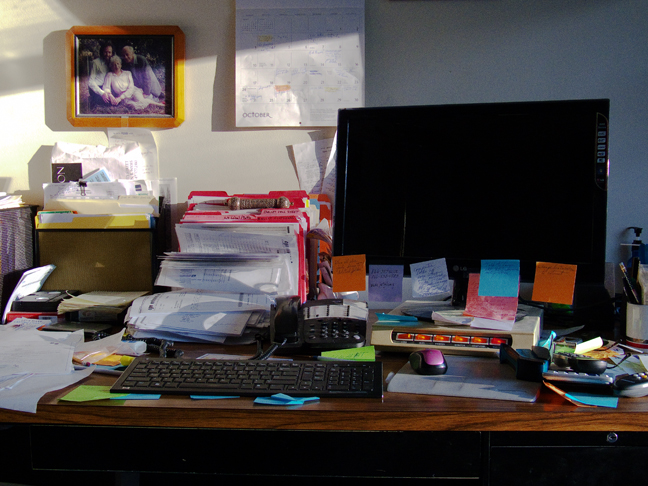
"Hey, you want to earn some money?" A fair number of small businesses get started with just those words, or words very similar. Two or more people make contact and hatch a plan to coordinate activity for personal gain or profit. Each new individual entering upon the plan asks, "What's in it for me?" And subsequently, may ask, "What do I have to do? What will be my costs? What will be the risks?" But, very rarely will discussion drift off into questions like, "What will be the benefits for customers? What will be the consequences for the local community and for society as a whole? What will be the impact on the environment? What are the prospects for long-term sustainability?" I say "rarely" because it does happen. But it doesn't happen often. More often than not, if such questions are even acknowledged they are pointed to in support of a case for anti-regulation. But why is that? The health of a business is clearly dependent upon acceptance by customers and the sustainability of a business is clearly dependent upon its relationship with both the environment and the surrounding society. So why are those questions so often deemed irrelevant or anti-business? The answer may, in part, lie within a discussion I heard this week on a local NPR program, wherein it was noted that not very long ago independent entrepreneurialism was much more prevalent across the U.S. than it is today. In fact, most people were farmers. Today that isn't true. Today most people work for someone else. Very few of us are independent entrepreneurs. However, there currently is renewed interest in starting small businesses because the overwhelming trend amongst employers has been to increase efficiencies by employing fewer and fewer people. For instance, as NPR notes, U.S. Steel in Gary IN once employed 50,000 workers, whereas today that same plant produces just as much steel with fewer than 6000 workers. The consequence? Unemployment. And many who are newly unemployed are looking into starting a business of their own. Unfortunately, neither schooling nor our communities nor our culture has done a good job of preparing people for taking on the role of independent entrepreneur. In the words of NPR's interviewee Chris Rabb, author of Invisible Capital, "If you haven't already learned it from participating in your parent's successful business, the chances of you succeeding in your own small business are slim." But what is the "it" he is talking about? Isn't having a skill or an interesting idea enough? No, the hard reality is that it isn't. But get back to those questions noted above that are so often ignored or ridiculed and you approach getting to know the "it" Chris Rabb is talking about. Answer those questions and you begin to understand that succeeding in business involves creatively, responsibly, and reliably making connection with the people of your community. Genuinely serve them in some way that truly enhances their well-being and there is a better than fair chance they will support you. Ignore, neglect, misunderstand, trample upon, or abuse the people you hope to do business with and you won't have a small business. Customers won't waste their time with you. The desk pictured above is the desk of a small business owner. Disorganized it may seem, but it is not. Each folder, each post-it, represents a carefully developed and maintained relationship with a valued client through many iterations of products and services. Delete that entrepreneur from existence and a very significant number of people will most definitely feel the loss. May your aspirations toward entrepreneurism prove as irreplaceable. |
• Posted: Dec 18, 2010 16:40:17
• Comments Welcome
• Vote CoolPhotoblogs
• Purchase a Print
• Share
Monday, November 1st, 2010 Riverwoods IL USA |